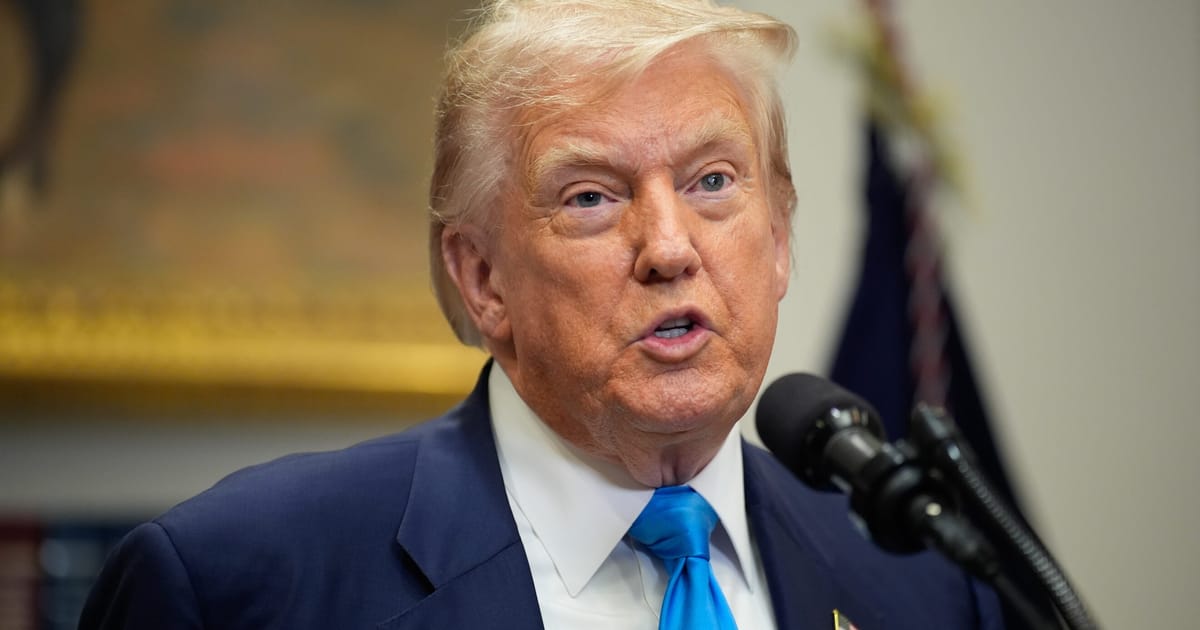

In recent times, international trade has seen a flurry of activity with countries navigating complex negotiations to secure favorable trading terms. At the heart of these developments are discussions surrounding tariffs, notably between the United States and its trading partners. Alongside these negotiations, humanitarian concerns have emerged regarding the handling of critical resources, demonstrating the interconnected nature of global politics and economics.
The European Union is closely monitoring developments as it awaits confirmation from the United States on tariff commitments. The U.S. is expected to implement a broad tariff ceiling of 15 percent, a move anticipated to stabilize transatlantic trade relations. The European Commission has expressed its understanding that the U.S. will adhere to this agreed ceiling, which may influence broader global trade dynamics positively.
Meanwhile, the United States’ trade negotiations with Mexico are ongoing, with President Donald Trump extending the deadline for a tariff deal by an additional 90 days. This extension reflects the complexity of the trade relationship between the two nations and hints at potential shifts in U.S. trade policy. Observers speculate that this move might signal upcoming pauses in tariff implementations for other countries, which could provide temporary relief amid the challenges posed by high import duties.
Similarly, Canada finds itself in a quest to navigate U.S. trade policies, facing an imminent deadline to resolve issues surrounding tariffs. As the August 1st deadline looms, Ottawa continues its efforts to reach an agreement with Washington. The longstanding trading relationship between the two countries faces a test, with hopes that negotiations will yield a solution that preserves the integrity of their economic partnership.
Beyond the business of tariffs and trade, a significant humanitarian issue has surfaced concerning the potential destruction of contraceptives originally intended for distribution in Africa. A decision by the U.S. to dismantle certain USAID programs may lead these essential health supplies to be incinerated in France. This has sparked concern among French feminists, rights groups, and family planning organizations, who view this as a setback for women’s health rights. The French government is monitoring the situation closely as international voices call for a reconsideration of these plans to avoid wastage of valuable resources.
These unfolding events highlight the delicate balance that exists at the intersection of international trade and humanitarian imperatives. Each decision taken in the realm of tariffs can ripple across economies, affecting not just economic alliances but also the social and health-related facets of global interactions. As countries and their leaders navigate this challenging landscape, the intertwined nature of these issues emphasizes the importance of mindful policy-making that considers both economic prosperity and humanitarian well-being.
Source: {link}
